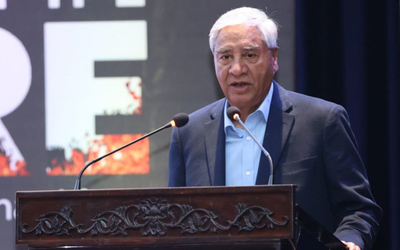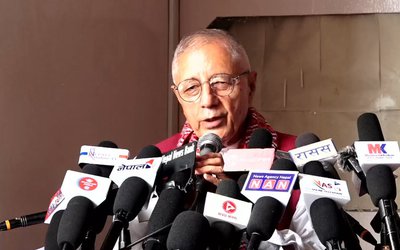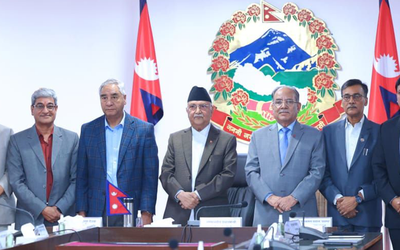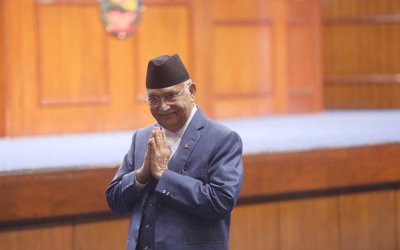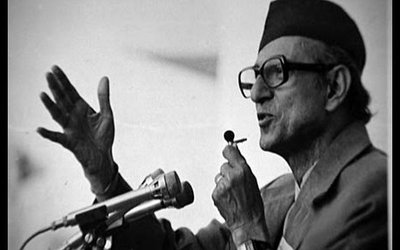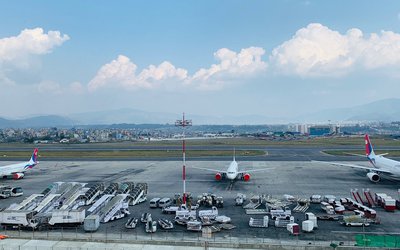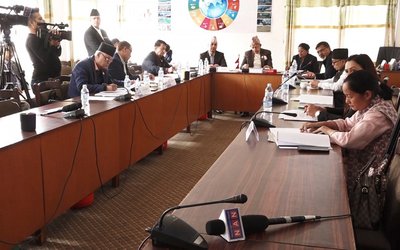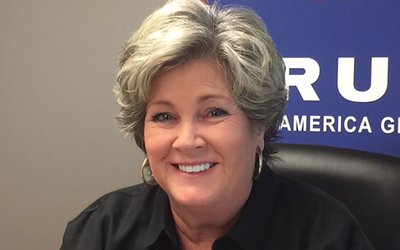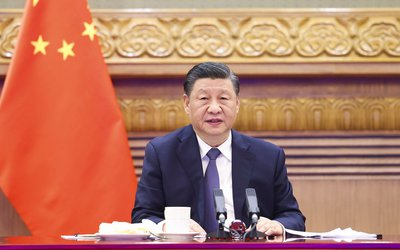After the dissolution of the Constituent Assembly, political parties and forces are now recommending various options. Among them, the first option is to hold the CA elections by forming an all-party national government. Second, hold the elections for the parliament by giving the role of drafting the new constitution to expert groups and third, annul the present interim constitution and draft a new constitution on the basis of another all-party consensus to pave the way for the new constitution and send some contentious issues for referendum. Or, revive the Constitution of Kingdom of Nepal 1990 or summon Round Table meeting before taking any decisions. A group of former CA members are demanding the revival of the dissolved CA.
Nepali Congress and CPN-UML, among others, demand the resignation of the prime minister as a prerequisite to start any meaningful political process. However, the Madheshi Janaadhikar Forum Nepal’s chair Upendra Yadav has asked the president to sack the prime minister.
All these options, one or the other way, create political chaos as parties have their own interpretations about the future political scenario. Given Nepal’s present situation, all these political moves indicate that the country will have to pass through a prolong political crisis for long time to come. .
“The political process will begin after the resignation of the prime minister,” said CPN-UML leader Jhalnath Khanal. “This government has already lost it legitimacy since the day when it dissolved the Constituent Assembly.”
However, the prime minister defends the move. “There is no question for me to resign. I am confident that other political parties will also join my government later,” said Prime Minister Baburam Bhattarai.
Political parties are not buying the ideas of revival of the CA, revival of the 1990 constitution and call for the round table meetings. They see all these are redundant.
“Once the prime minister resigns, the move will pave the way for the president to invite leaders of major political parties to form an all party government,” said NC leader Ram Chandra Poudel. “Revival of the 1990 Constitution or summoning round table meeting is rudimentary agenda.”
Interim Constitution
As Nepal’s Interim Constitution did not foresee a political crisis like the present one, every political party and force has its own way to interpret the situation. The Interim Constitution did not specifically say anything about the elections for another Constituent Assembly or the status of the prime minister after the dissolution of the CA.
The constitution, with several amendments in it, fixed the tenure of the CA at four years and the Supreme Court order made it virtually impossible to amend the constitution again. It was natural for the CA to die in a situation without promulgating the new constitution. The death of the CA created a constitutional void.
According to constitutional lawyers, no constitution foresees all political accidents. Nepal’s Interim Constitution was no exception. Even Nepal’s last five constitutions, including the constitution drafted with utmost caution by Sir Ivor Jennings, prematurely died because of this.”The constitutional accident is a result of a lack of political wisdom of the political leaders,” said a lawyer.
This also applies in the present context. When the Interim Constitution was drafted, there was almost a consensus on every agenda. Had political leaders shown their wisdom, the CA would have produced the new constitution.
Six Prescriptions
As there is no way to address the six prescriptions constitutionally, any decision now will be political, meaning it will definitely invite a political controversy.
After the dissolution of the CA, Nepal’s political uncertainty has intensified and the country may now be heading towards more chaos. As 16 political parties, led by Nepali Congress and CPN-UML, have announced their stir to press for the resignation of the prime minister, a Maoist faction led by its powerful leader Mohan Baidhya has joined the chorus, calling their own comrades to quit his post. Political polarization is likely to reach all time high.
Given the present political context, it is unlikely that the elections can be held. A lot of changes in the constitution and the existing laws will be necessary to hold the elections. At a time when there is no parliament, only the president has the authority to promulgate the ordinances on these issues.
As different political parties hold on to their own ways, it is unlikely that the CA election will be held under the leadership of the present government, especially as political parties are demanding the resignation of the prime minister and formation of an all-party government before holding the elections.
As there is no parliament at the moment and the interim constitution never took account of the present complicated scenario, any decision either to change the constitution or the law or the government can be
made only through political decisions. If the political pressure mounts on the president, one cannot rule out the possibility of derailment of the interim constitution.
Elections: For CA or Parliament?
Political parties are confused whether to hold the elections for the CA or for the parliament. CPN-UML, Nepali Congress and Maoist faction led by Mohan Baidhya have demanded elections for the parliament rather than the CA. They say the need now is to write the new constitution.
The death of the Constituent Assembly does not mean the death of the constitution, the constitutional process and the constitutional institutions as long as the nation survives.
Political Moves
- Nepali Congress, CPN-UML and other 14 fringe parties have demanded the resignation of Prime Minister Baburam Bhattarai and formation of an all party government to hold the elections.
- Other 17 parties led by Maoist leaders and the prime minister have called political parties to join the current government led by prime minister Bhattarai to make it a national consensus government to hold the elections.
- A section of Nepali Congress MPs including Deep Kumar Upadhyaya, Gagan Thapa and Badri Narshing KC have demanded the restoration of the dissolved Constituent Assembly.
- United Madheshi Front led by Upendra Yadav, chairman of Madheshi Janadhikar Forum Nepal has asked the president to sack Bhattarai government and initiate steps to form the new national government.
- Civil society groups led by Mathura Prasad Shrestha have demanded Round Table meetings. They have not clarified how many political parties will take part and what the basis for such round tables will be?
- A section of political leaders are also demanding the revival of the Constitution of Kingdom of Nepal 1990.
- NEA: Kul Man Ghising, A Cool Man
- Oct 28, 2024
- DASHAIN FESTIVAL : Festival of Unity
- Oct 04, 2024
- NEPAL-CANADA Bilateral Meeting
- Oct 04, 2024
- MIDDLE BHOTEKOSHI: Final Stage
- Sep 23, 2024
- UDIPUR SUBSTATION: Improve Quality Of Distribution
- Sep 19, 2024


